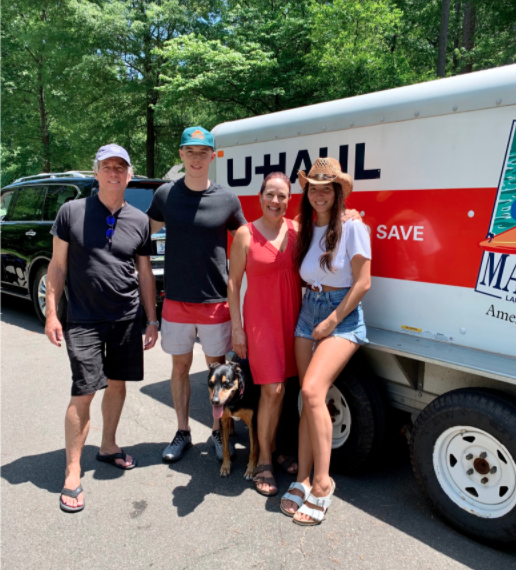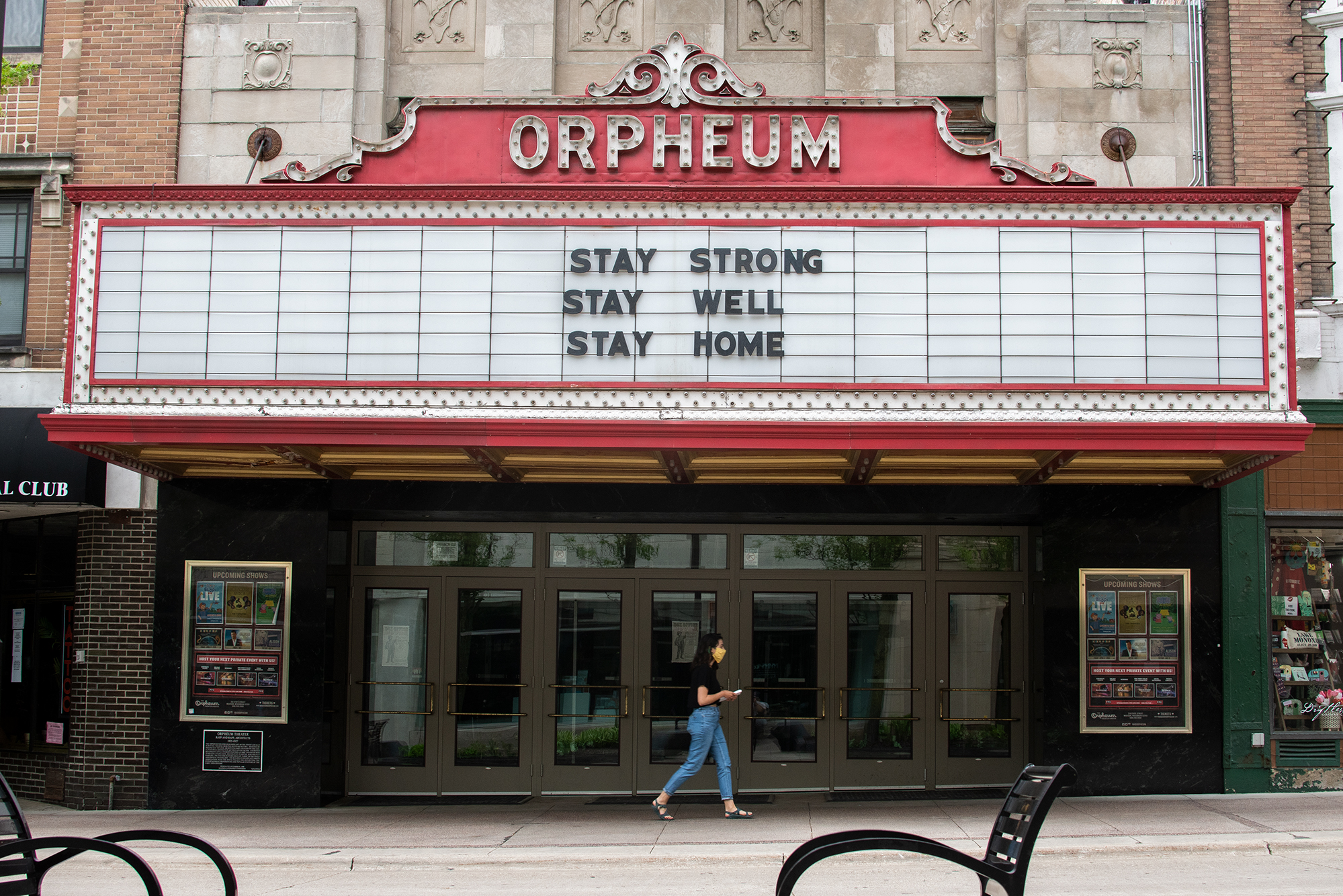
This story was originally published on April 30, 2020 with North Carolina Public Radio - WUNC. Click here to view the original story.
For Durham businessman Joe Balthazar, the worst part of having COVID-19 wasn't the physical symptoms, but the relentless guilt he felt for infecting his coworkers, friends, and family all across the United States.
Balthazar tested positive for COVID-19 on March 19, after showing symptoms of the fatal virus a week prior to his testing.
"I would have gotten tested the minute I started feeling bad," Joe said, "but there were virtually no cases in North Carolina which meant no tests. I honestly never thought in a million years that I would get it."
Coronavirus reached North Carolina on March 4 but reported cases did not spike until days later on March 19, once people were able to receive diagnostic tests. While there were finally tests available in the state, they were not offered to just anyone.
"Unfortunately, what you see on the television is true," said Balthazar, "you could not get a test unless you either had a fever or had a connection."
Many other North Carolinians felt the same way. Jeff Hensley, who lives in Raleigh just 30 minutes away from Balthazar, reported to North Carolina Health News that he was denied a COVID-19 test while showing almost all the symptoms of the virus.
Unfortunately, coronavirus has many similar symptoms to that of a common cold. Nasal congestion, tiredness, and a sore throat are mistaken for the fatal virus regularly, which is why officials are so hesitant to test every individual who displays those mild symptoms. This can be attributed to the sheer lack of tests available around the globe.
The nurses at the coronavirus testing center informed Balthazar that he was one of the first North Carolina citizens they had tested so far.
"At the time, I really wish that more people had known the testing center was here," said the contact tracer and nurse from the UNC Medical Center. "We tested very few people in the first couple days of offering the tests. On March 16, Joe would have been one of our first patients."
The UNC Medical Center opened its coronavirus drive through clinic the day Balthazar went in to get tested. Although they were one of the first medical establishments in North Carolina to develop and offer a diagnostic test, UNC Medical was still lagging behind many other states.
"I just wish I could have been tested earlier," said Balthazar. "I mean, I went out to dinners with my friends, I shared food with my family, I travelled back and forth between states. I could have prevented a lot of fear and anxiety for my family and friends if citizens like myself, and more importantly health officials, would have stopped underestimating the reach of the virus."
Balthazar explained how devastating it felt reaching out to all the people he had been in contact with in the two weeks prior to getting tested.
"Making a list of all the people I had unknowingly endangered was possibly the worst feeling I had ever felt," said Balthazar. "I had coworkers with autoimmune diseases, heart transplants, and weak lungs from smoking. People with kids or parents living with them. I had no idea at the time that some of these people would end up getting laid off weeks later. There was nothing I could do but call them and tell them they had possibly been exposed to COVID-19."
Balthazar figured he had contracted coronavirus at his office in Denver, one of the cities hit hardest by the pandemic in its earliest days. He explained how he made a list of 27 names of the people he had been in direct contact with during his time in Denver.
"I even had to call the rental car company to inform them that their car was probably covered in my virus-riddled germs," Balthazar said. "And I am pretty sure they burnt it after I hung up."
The coronavirus can live on surfaces such as car door handles and the steering wheel for up to five days, according to The World Health Organization.
Michelle Balthazar, Joe's wife, explained how awful she felt watching her husband take responsibility for possibly spreading the virus to their friends and family.
"He probably made hundreds of phone calls over the span of a week," said Michelle. "The first calls were to inform the 40 people on his list and the next 100 calls were callbacks or his friends checking up on him. Although the situation was horrible, and [Joe] really suffered mentally and physically, it was amazing to see our friends and his coworkers stand by his side and express their concern for him."
Joe Balthazar praised his friends and family for supporting him through every step of his recovery.
"It was honestly amazing to see everyone I knew, and even people I didn't know that well, surround me with love and kind words." He said. "I just can't say how grateful I am that no one I possibly infected ended up in critical care or spread it to other people who ended up in critical care."
"Honestly, people like [Joe Balthazar] are the reason we're going to end the spread of coronavirus," said his contact tracer. "He took responsibility for his coronavirus case and probably saved the lives of a lot of people."









